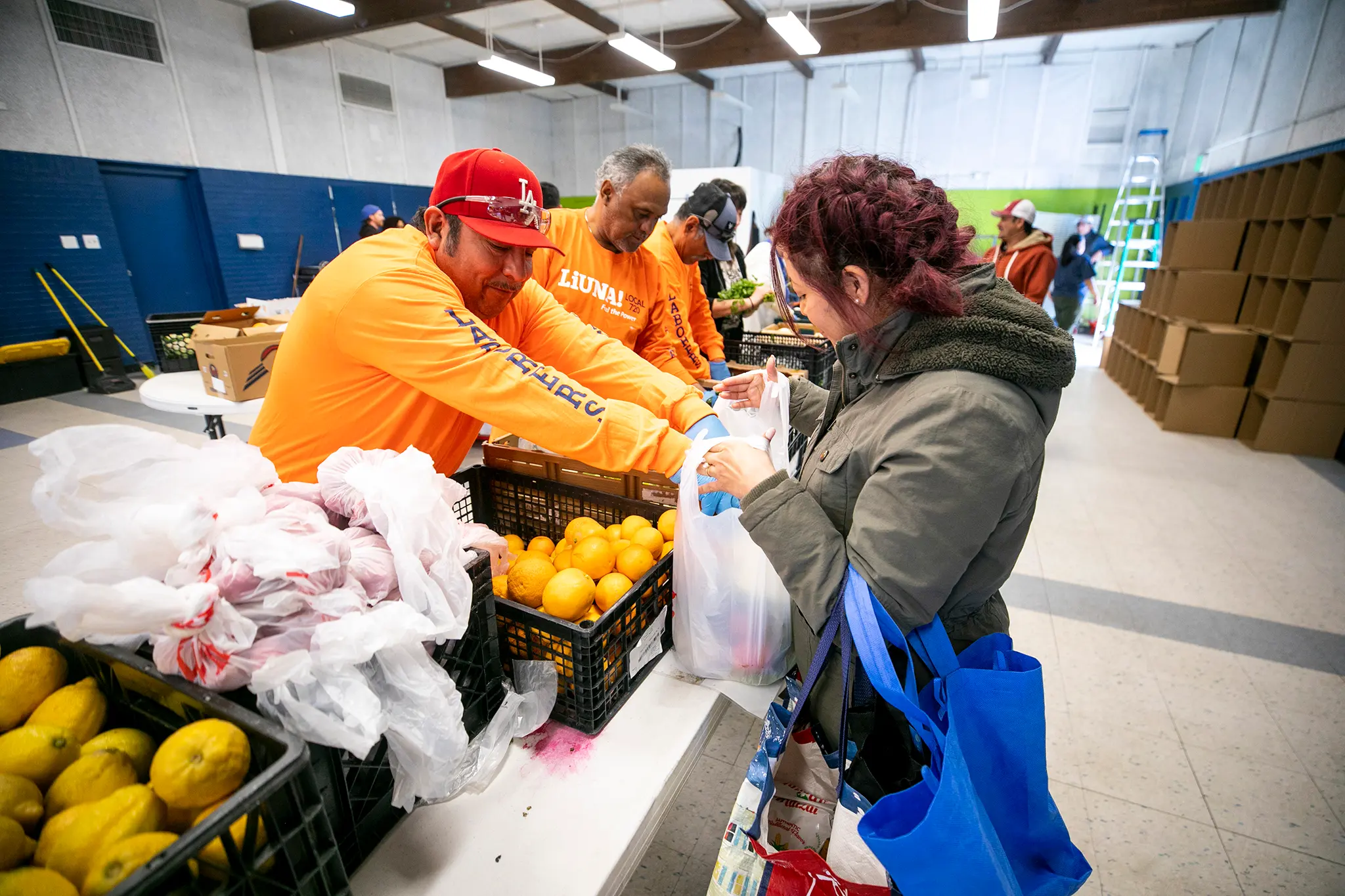Food insecurity remains a pressing issue across the United States, and Denver is no exception. It is difficult for thousands of people and families to have enough wholesome food to lead long, healthy lives. Rising living costs, unexpected job losses, and medical bills often force people to make difficult choices between paying for rent, utilities, or food. In this context, food pantries have become a vital resource for those in need, offering more than just groceries; they provide dignity, support, and hope.
Food Insecurity In Denver
People who don’t always have access to adequate food for an active and healthy life are said to be food insecure. In Denver, this issue is driven by multiple factors, including inflation, low wages, and limited affordable housing. Many households experience temporary or long-term shortages of food, especially those with children or seniors. For some families, even a small financial setback can make it difficult to afford groceries.
The problem extends beyond hunger. Food insecurity impacts physical and mental health, academic performance, and workplace productivity. It also contributes to chronic conditions like diabetes, heart disease, and depression. As these challenges persist, food pantries have stepped up to fill the gap, offering nutritious meals and resources to thousands of Denver residents.
How Food Pantries Support The Community?
Food pantries serve as community lifelines by distributing food to individuals and families facing hardship. They operate with the mission of ensuring that no one goes hungry, regardless of age, background, or circumstance. Most Denver food pantries partner with local food banks, grocery stores, and farms to source surplus goods and reduce food waste.
Clients can visit food pantries to receive fresh produce, canned goods, grains, and other staples. Many pantries have moved beyond emergency food aid to provide holistic support such as nutrition education, job resources, and connections to housing or healthcare assistance. These services empower people to regain stability and independence rather than relying on short-term solutions alone.
Collaboration And Community Efforts
One of the greatest strengths of Denver food pantry network is collaboration. Local organizations, volunteers, businesses, and government agencies work together to ensure that food reaches those who need it most.
Churches, community centers, and schools often host smaller pantries that serve nearby neighborhoods. This decentralized approach makes access easier for residents who may not have reliable transportation. Additionally, volunteer support keeps operations running smoothly, from sorting donations to assisting families during pick-up hours.
The collective effort demonstrates the power of community action. When individuals and organizations unite toward a shared mission, meaningful change follows.
Nutrition And Dignity At The Core
Modern food pantries in Denver aim to provide not just food, but quality nutrition. Many now emphasize healthy choices by offering fresh fruits, vegetables, dairy, and protein options rather than relying solely on canned or processed goods. Some even operate as “choice pantries,” where visitors can select the foods they prefer, much like a grocery store.
This model promotes dignity and reduces stigma by allowing families to choose items that fit their dietary needs and cultural preferences. It also encourages healthier eating habits, helping to address long-term health challenges associated with poor nutrition.
Education plays a key role as well. Nutrition workshops, cooking classes, and meal planning guidance help participants make the most of what they receive. These programs ensure that families not only have food today but the knowledge to maintain healthier lifestyles in the future.
The Impact Of Volunteers And Donors
Behind every food pantry is a network of compassionate volunteers and generous donors. Their dedication transforms community compassion into tangible action. Volunteers sort and distribute food, manage inventory, and create a welcoming environment for those in need. Donors, both individuals and businesses, contribute funds or in-kind goods that keep the shelves stocked and the programs running.
During the COVID-19 pandemic, Denver saw a surge in both demand and support. Many residents who once donated found themselves seeking help, and others stepped up to volunteer for the first time. This shared experience strengthened community bonds and reminded everyone that anyone can face hardship at some point in life.
Looking Toward A Future Without Hunger
Food pantries help address the underlying causes of hunger even while they offer vital temporary respite. Many organizations are advocating for policy changes, better wages, and access to affordable housing and healthcare. By tackling these systemic issues, Denver can move closer to long-term solutions that reduce the need for emergency food aid.
Education, employment, and social equity are essential components of a hunger-free community. As awareness grows and more people get involved, Denver can build a sustainable model that supports everyone, especially the most vulnerable.
Final Thoughts
Food pantries in Denver represent more than food distribution points—they are centers of compassion, resilience, and community care. They remind us that no one should face hunger alone and that collective action can make a difference in the lives of many. By supporting local food pantries through volunteering, donations, or advocacy, residents can help ensure that every Denver family has access to the nourishment and dignity they deserve.
